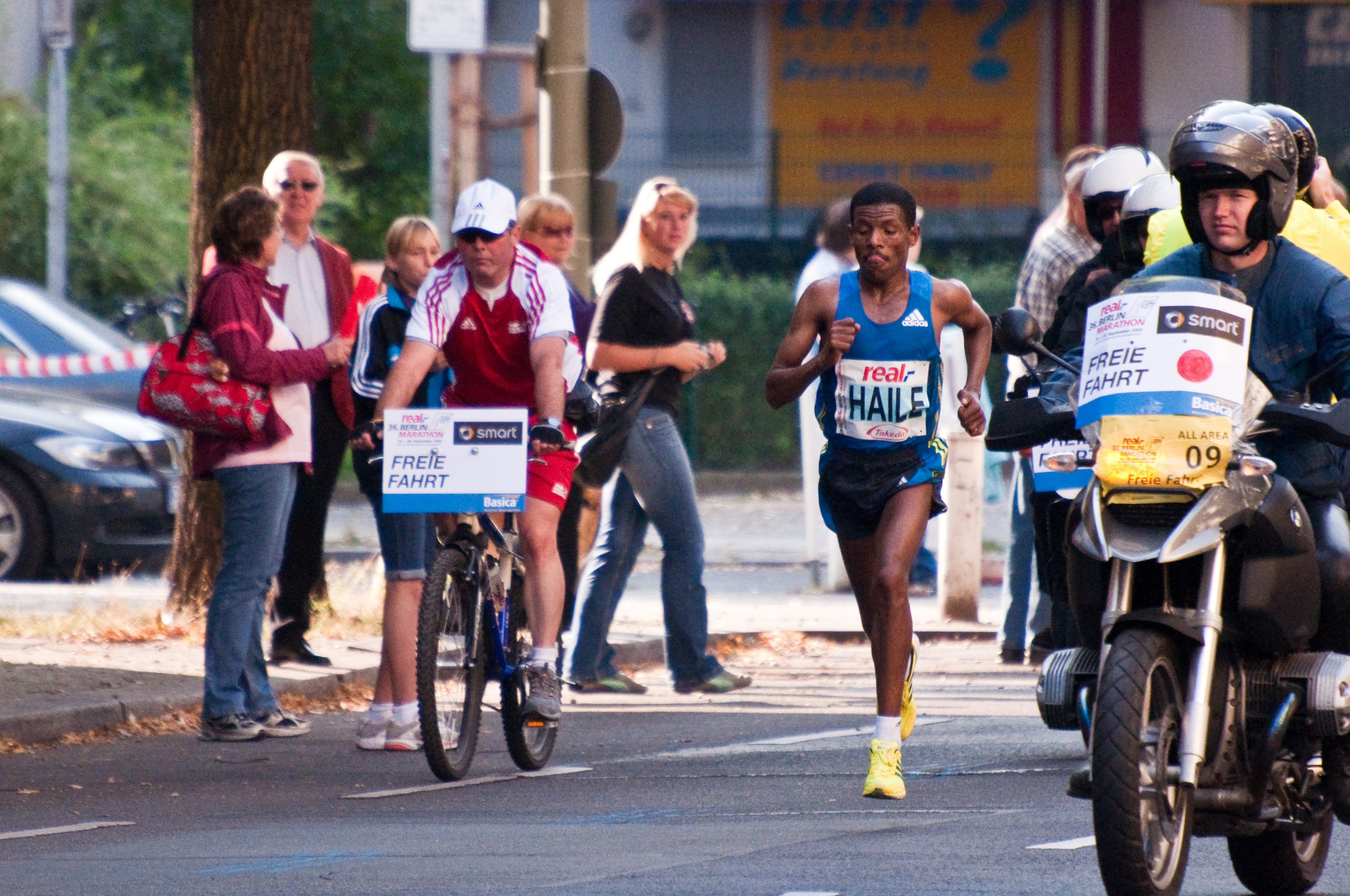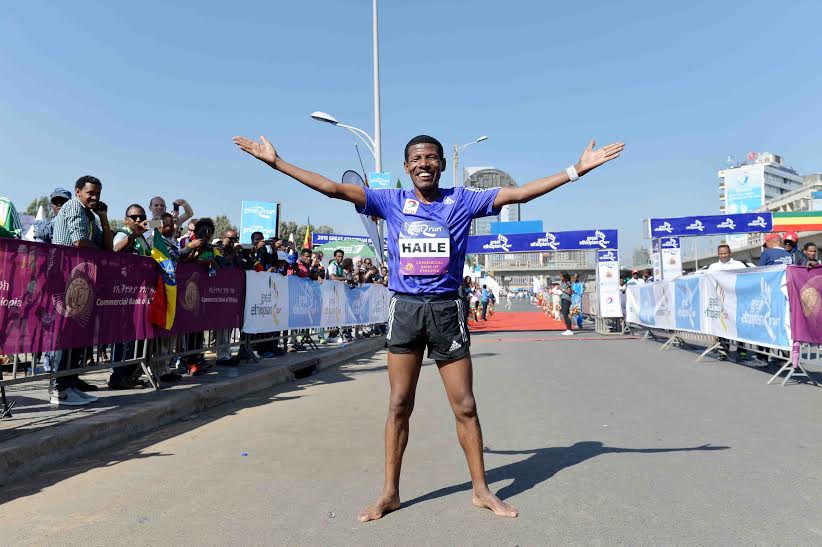Haile Gebrselassie prepares for 12,500-person race amid COVID-19
The 20th edition of the Great Ethiopian Run will go ahead next month with many COVID-19 precautions in place
 Photo by:
Maarten van Maanen / Flickr CC
Photo by:
Maarten van Maanen / Flickr CC
Two-time Olympic champion Haile Gebrselassie announced on Tuesday that he and the Great Ethiopian Run (GER) organizers plan on going ahead with their race in a month’s time on January 10. This will be the 20th edition of the 10K race in the Ethiopian capital of Addis Ababa, an event that Gebrselassie founded in 2000 after he won his second Olympic 10,000m gold medal at the Sydney Games. Gebrselassie says he and his organizing team are expecting 12,500 participants to toe the line at the January race, and they have a number of COVID-19 precautions in place to make the event as safe as possible for everyone involved.
We are announcing The 20th Great Ethiopian Run. Mass running. 12.500 participants on January 10, 2021! pic.twitter.com/I46JXmX41t
— Haile Gebrselassie (@HaileGebr) December 15, 2020
The GER was originally scheduled for November, but organizers decided to postpone the event for a couple of months. As explained on the event website, the GER team has used this extra time to consult with the Ethiopian Ministry of Health to create COVID-19 guidelines that will be enforced on race day. The biggest change for the upcoming run is the race capacity, which has been reduced to about a quarter of its normal size. The expected field of 12,500 is close to 30,000 fewer runners than the GER saw in 2019. This is by no means a small field, especially during a pandemic, but it is substantially smaller than organizers have seen in years past.
RELATED: Exploring Addis Ababa through the Great Ethiopian Run
The week before the run, all participants will receive their race shirts along with masks, which will be mandatory on race day. Only when on the race course will athletes be permitted to remove their masks. On the day, all participants will undergo temperature checks, and organizers have asked anyone who feels unwell or is experiencing COVID-19 symptoms to skip the race. A wave start will be implemented, with groups leaving in 15-minute intervals, and runners will have to carry their own water on the course, as there will be no hydration stations on the route. Finally, an “exit flow operation” will be organized to avoid crowds at the finish line.

While Gebrselassie’s announcement was welcome news to some, many people have been critical of the call to hold the race while COVID-19 persists around the world. This has been a popular topic of debate in recent months, as more and more races have made comebacks or announced plans to return to racing during the pandemic.
RELATED: COVID-conscious Montreal event attracts more than 400 runners


